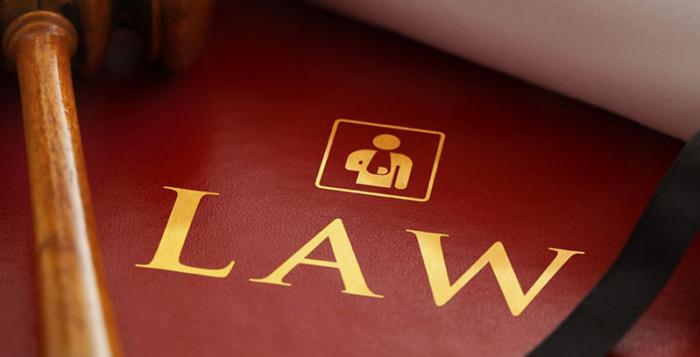What is a Contingency Fee?
Many personal injury lawyers use contingency fees for personal injury cases. They only charge you fees if they recover money for your injuries. Paying your lawyer is contingent on a successful outcome.
Contingency fees are a percentage of what the lawyer recovers for your case. You and your lawyer agree to the percentage before you hire the lawyer. The percentage usually ranges between 30 and 40 percent of your settlement or verdict. If they don’t obtain a settlement or jury verdict, you don’t owe them money.

Why Are Contingency Fees Good for Injury Victims?
There are many different benefits of having contingency fees in your case, including:
- You don’t pay unless you win
- It provides an incentive for your lawyer to recover maximum compensation for you
- You can bring a lawsuit you may not otherwise be able to afford
Another major benefit of contingent fees is giving people greater access to justice through the court system. Contingent fees are a great tool for social equity. Injury victims face high costs after an accident, including medical expenses and lost wages. Many victims would not be able to afford legal services without contingent fees — at a time they need legal representation most.
Fortunately, contingent fees give people access to high-quality legal representation without upfront or out-of-pocket costs.
What is a Fee Agreement?
Typically, when you work with an attorney, they will require you to sign a fee agreement. This agreement keeps everyone on the same page throughout the case and outlines when payment is due out of a settlement or verdict.
You and your lawyer should make sure you understand the fee agreement at the beginning of your case.
It will clarify how much you owe a lawyer when you win and explain:
- The percentage of a verdict or settlement your lawyer will take for their services
- Additional fees you or the attorney will take on, including expert fees, court filing fees, fees for medical or other records, and investigator fees
Fees are one of the most common areas of dispute between attorneys and clients. A good contingent fee agreement will explain the details of your payment obligations to your attorney. This knowledge will help you and your attorney avoid arguments related to fees.
What Are Some Other Kinds of Fee Structures?
Understanding contingency fees may be easier once you understand some of the alternative fee structures some lawyers use.
Lawyers that don’t use contingent fees may charge their clients in the following ways:
- Hourly Fees
- Retainer fees with billable hours on top
- Flat-rate payment up front
Unlike a contingency fee, where you don’t pay a penny unless your lawyer recovers damages, these alternatives require payment even if you lose. If the client loses, they have unpaid medical bills and lost wages from an accident — and they have a bill from their lawyer!
With a flat-rate fee structure, the lawyer charges the client a fixed fee based on the type of case and the estimated timeframe to resolve the case. Criminal defense attorneys and estate planning attorneys often use flat-rate fee structures. The rate will depend on the type of case and the region where the client is seeking legal services.
Hourly fees are what they sound like. An attorney bills you for the time they work on your case. Many attorneys bill for every tenth of an hour (every six minutes) they work on your case. An attorney’s hourly rate will depend on their skills, experience, and certifications in their area of practice. Generally, a lawyer’s fees will range from $150/hr to $300/hr. Attorneys may also employ a sliding scale and bill a higher hourly fee for litigation-related tasks than non-litigation work.
With a retainer, a lawyer charges an upfront payment to begin working on your case. They will hold this payment in a client trust account. The attorney will bill their hourly fee against the retainer until it’s depleted. For example, suppose you pay $3,000 to retain an attorney and the attorney charges $150/hr for their time. This retainer would cover 20 hours of the lawyer’s time, excluding administrative costs like copying and filing fees. If the lawyer depletes the retainer, they will bill you by the hour for any additional time and costs they expend on your case.










.jpg)
